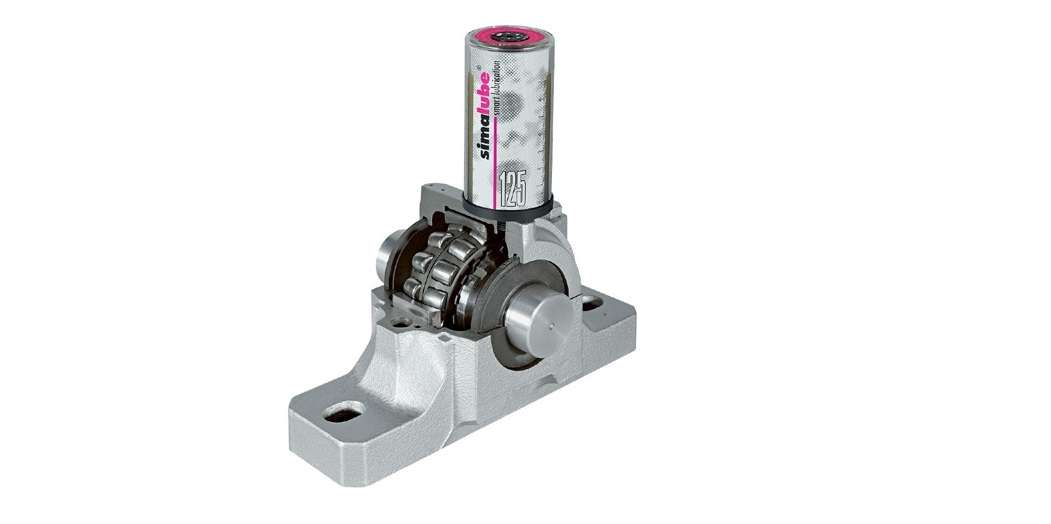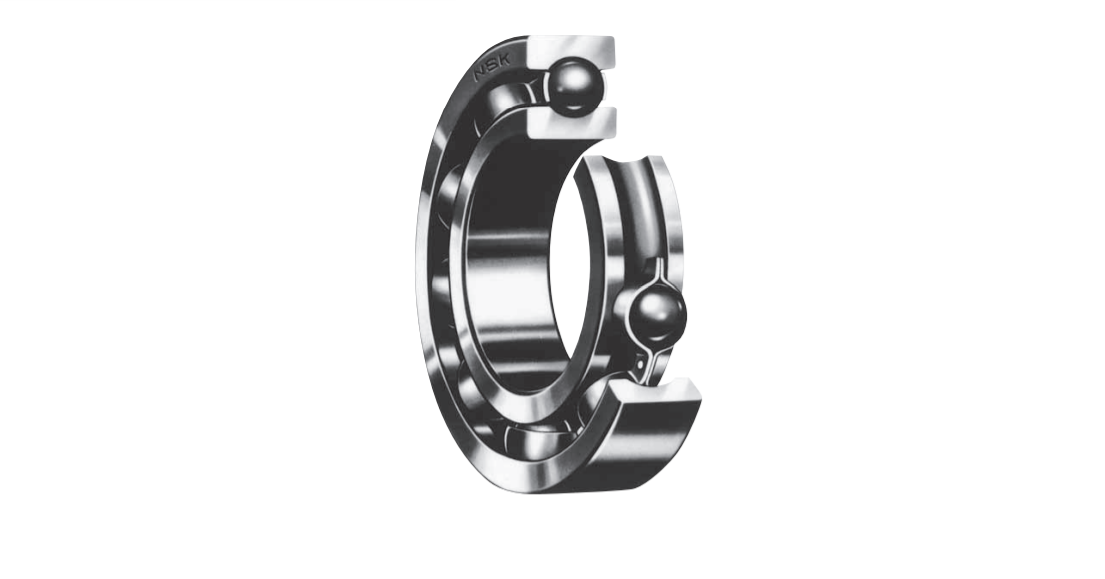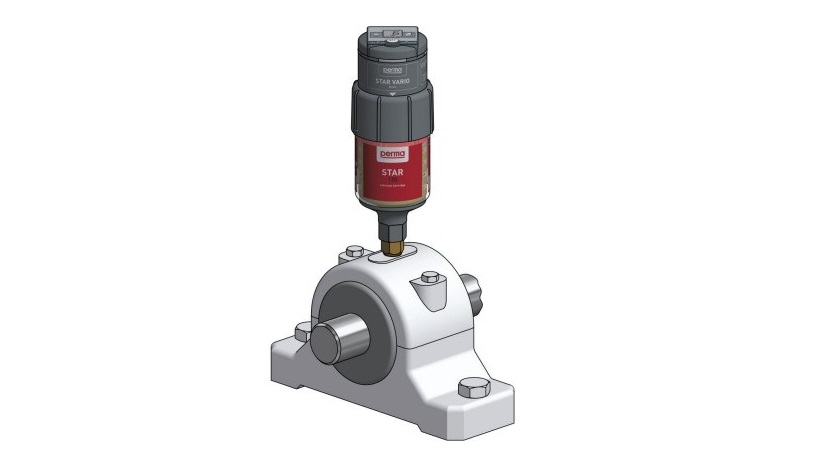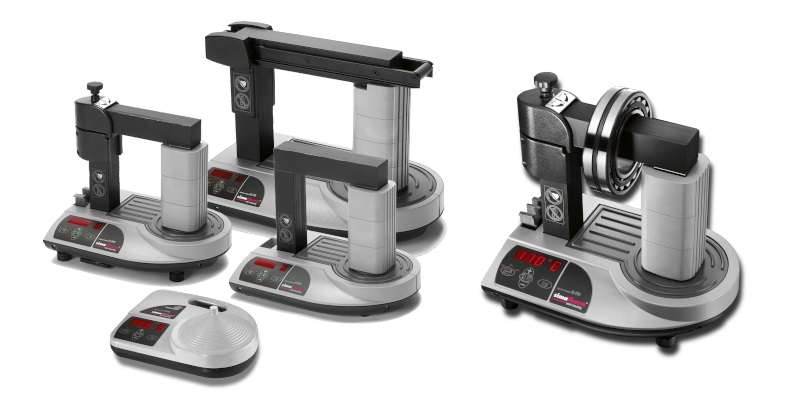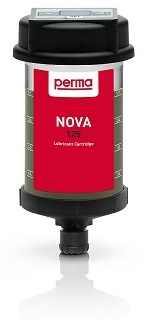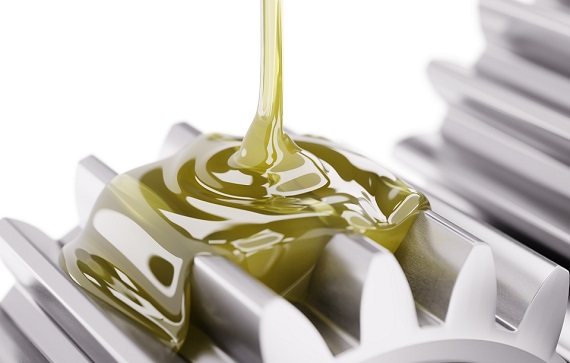Why Bearings Fail
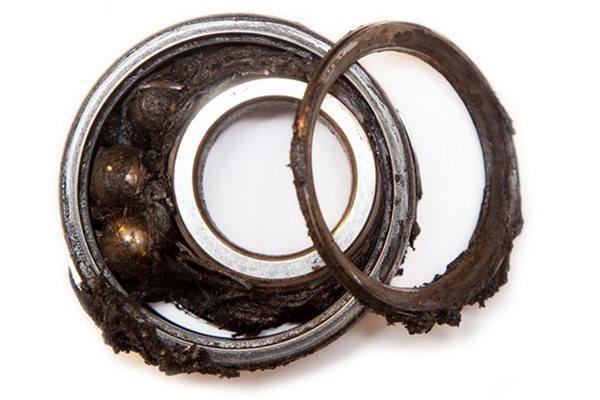
Introduction
In the industrial world, the phrase "The bearing failed" often rings through the air when machinery faces unscheduled downtime. However, in reality, it's more accurate to say, "We failed the bearing." This perspective shift is vital because, in most cases, bearings don't fail on their own. They are subjected to a range of factors that can lead to their premature failure. In this article, we will explore the reasons behind bearing failures and understand why they occur. We will discuss six major categories: fatigue, handling/installation, operational issues, environmental factors, lubrication problems, and defects.
Fatigue Failure
Fatigue failure is a common cause of bearing failure, where stress over time gradually deteriorates the bearing's structural integrity. This type of failure typically originates sub-surface and eventually surfaces in the form of spalls. Factors influencing fatigue failure include the quality of the steel, load, speed, and the number of cycles or time the bearing operates under. Advances in steelmaking have minimized impurities, but these factors still play a critical role in a bearing's fatigue life.
Handling/Installation
Proper handling and installation practices are essential for a bearing's longevity. Improper storage conditions in a wet or contaminated environment can significantly reduce a bearing's life. Temperature variations can lead to lubricant leakage and acid etching. Moreover, inadequate fits between the shaft and inner ring or housing and outer ring can result in fretting corrosion, leading to corrosion on the bearing's surfaces.
Ambient vibrations, dropping the bearing during handling, or using improper mounting tools can cause mechanical damage, known as brinelling. It's crucial to follow recommended storage and installation practices to prevent such damage.
Operational Issues
Operational issues encompass factors like excessive thrust loads, misalignment, vibration, and electrical erosion. Misalignment can skew the roller path, while excessive thrust may result in an off-center roller path. Extreme vibration due to out-of-round rotating components can lead to false-brinelling, affecting the bearing's life. The use of variable frequency drives has made electrical erosion more common, with arc pits in the steel surface leading to fluting.
Environmental Issues
Environmental conditions also significantly impact bearing life. Contamination, whether through moisture, chemicals, fine dust, large particles, or extreme heat, can hinder the proper lubricant film and result in metal-to-metal contact, wear, and welding of the rotating component to the race surface. Contaminant exclusion devices and strategies are essential to mitigate these issues.
Lubrication Problems
Lubrication issues are one of the primary causes of bearing failures. Proper storage, handling, dispensing, and education about lubrication are crucial for a bearing's reliability. Lubrication-related problems can include glazing, smearing, and increased temperature, leading to lubricant degradation and discoloration of the rings. Compatibility of lubricant types and brands must be considered to avoid failure.
Defects
Defective bearings are rarely seen today due to stringent quality control and precision manufacturing processes. Reputable manufacturers prioritize quality, and thus, defective bearings are almost non-existent. However, beware of discounted, grey market, or counterfeit products that can pose significant risks to your machinery.
Conclusion
In the field of industrial machinery, bearing failures often result from a combination of factors rather than the inherent quality of the bearings themselves. Recognizing this, it's crucial to adopt a systematic approach to root-cause failure analysis (RCFA) to identify the reasons behind bearing failures accurately. By categorizing these failures into fatigue, handling/installation, operational, environmental, lubrication, and defect-related issues, we can simplify the problem-solving process and enhance machinery reliability.
Ultimately, understanding the details of bearing failures, employing proper maintenance practices, and prioritizing lubrication reliability are essential to ensuring a prolonged and productive bearing life. In the end, it's not the bearings that fail us; it's our responsibility to safeguard their performance.
HVH Industrial Solutions offers bearings from the following manufacturers: Sheerer, Koyo, Rexnord, GMN Bearing, IKO International, HIWIN, FYH, RBI Bearing, Link-Belt, P.T. International, Winkel GmbH, and Eich Rollenlager.
If you have any questions, write us via live chat (one of our team members will answer your questions), call us, or send us a quote request. The HVH team is always ready to help you.

